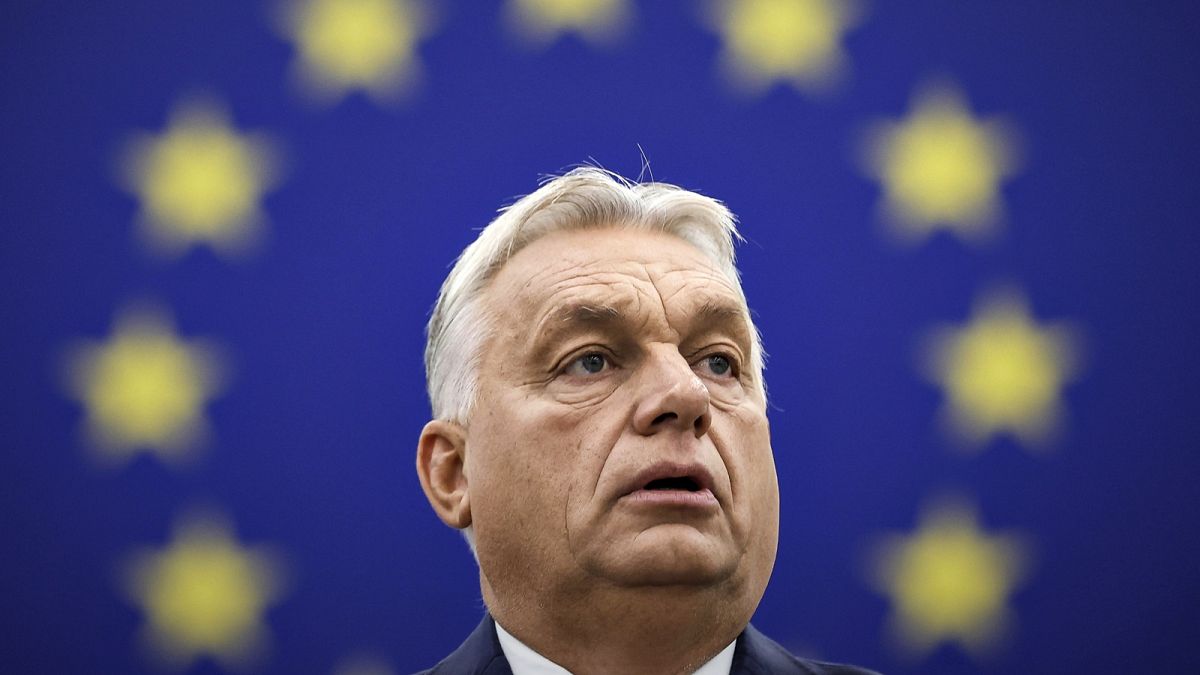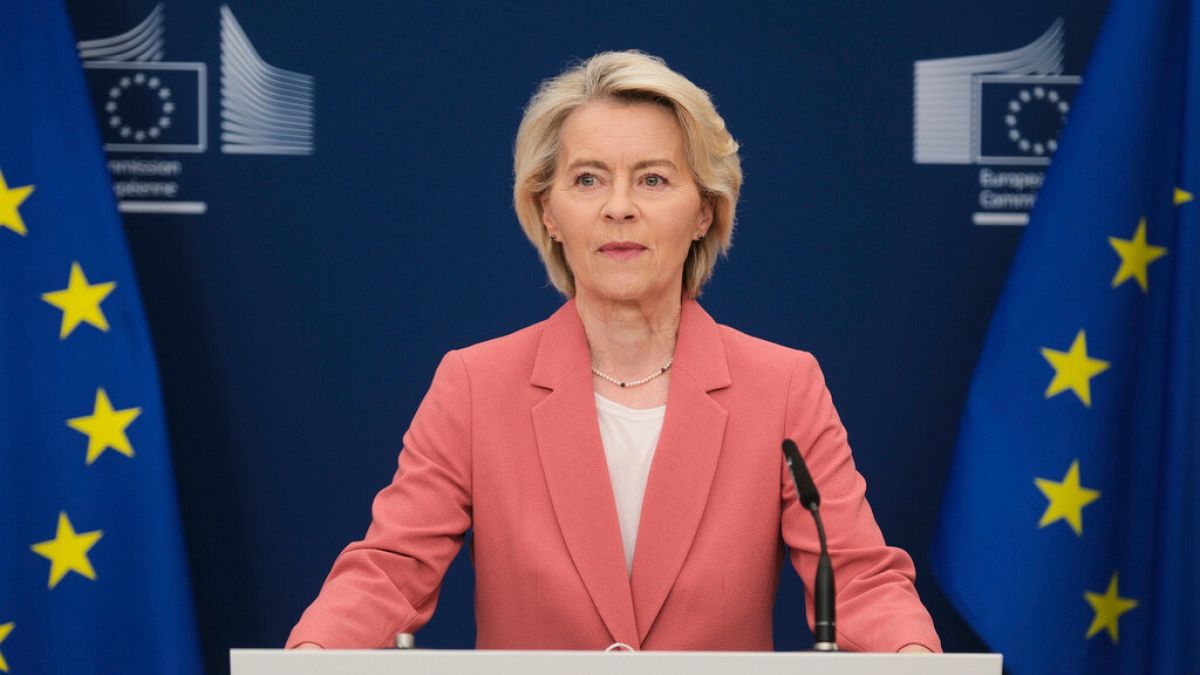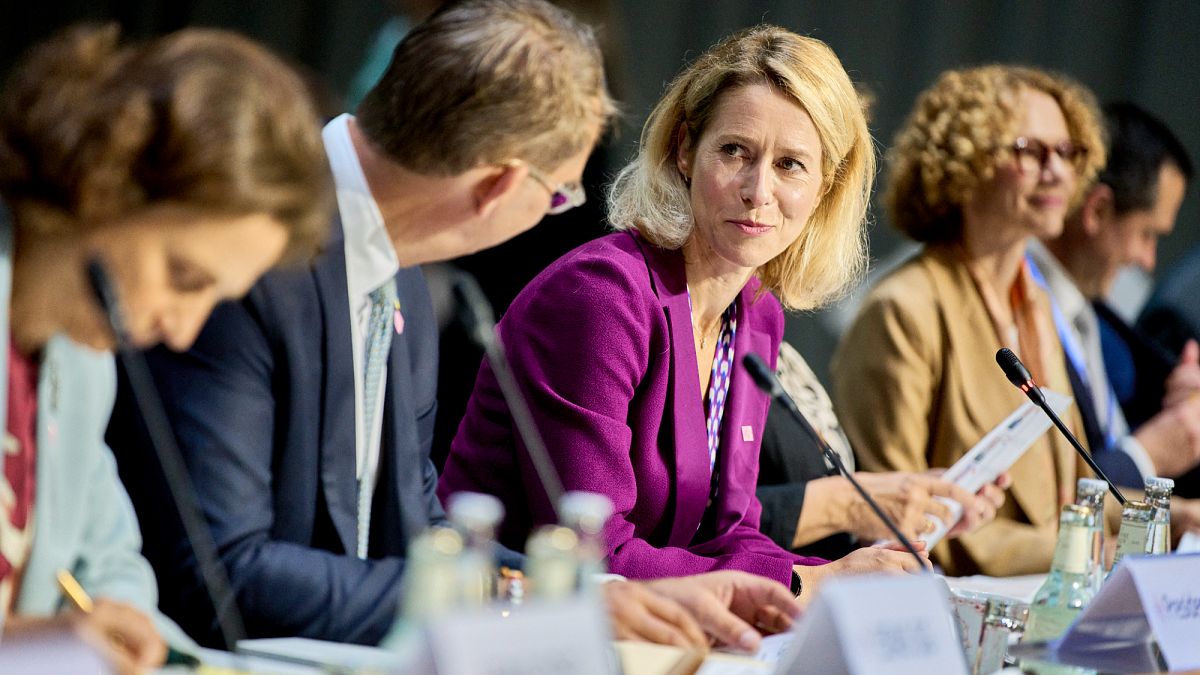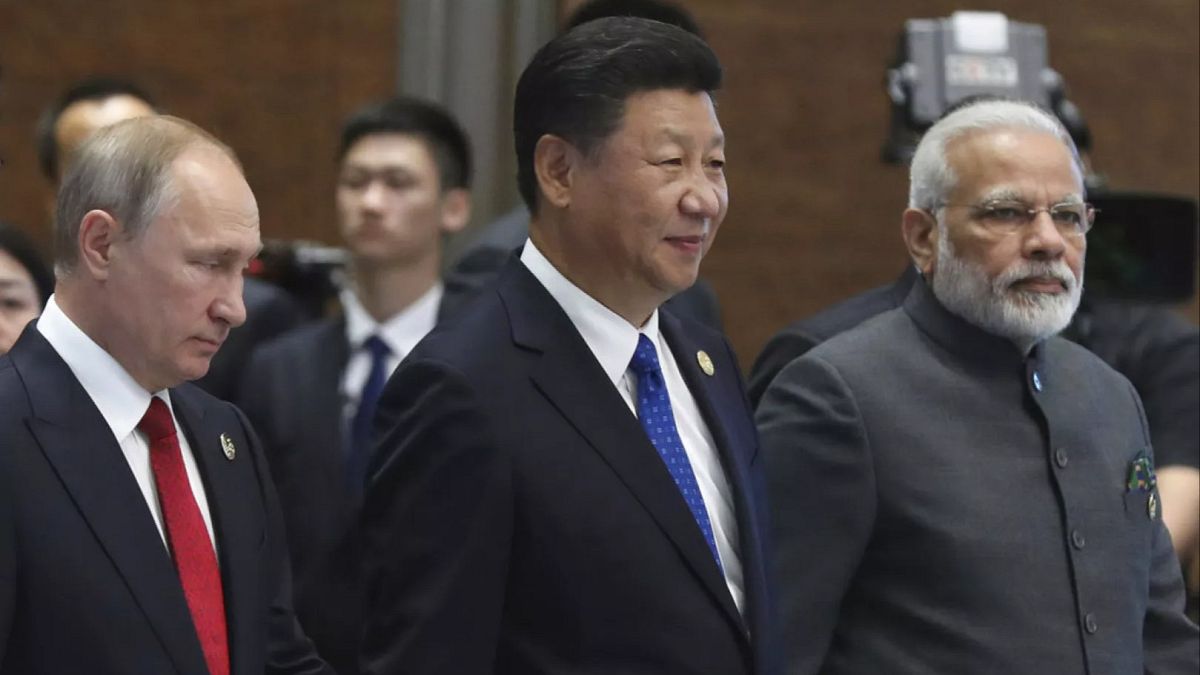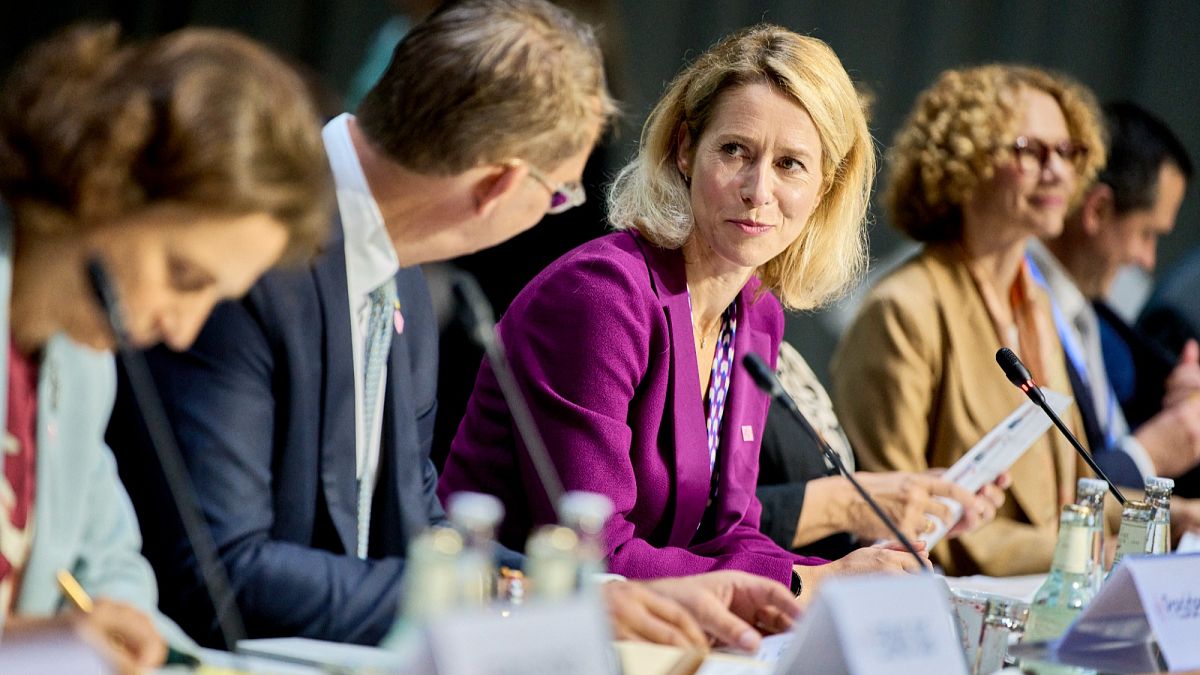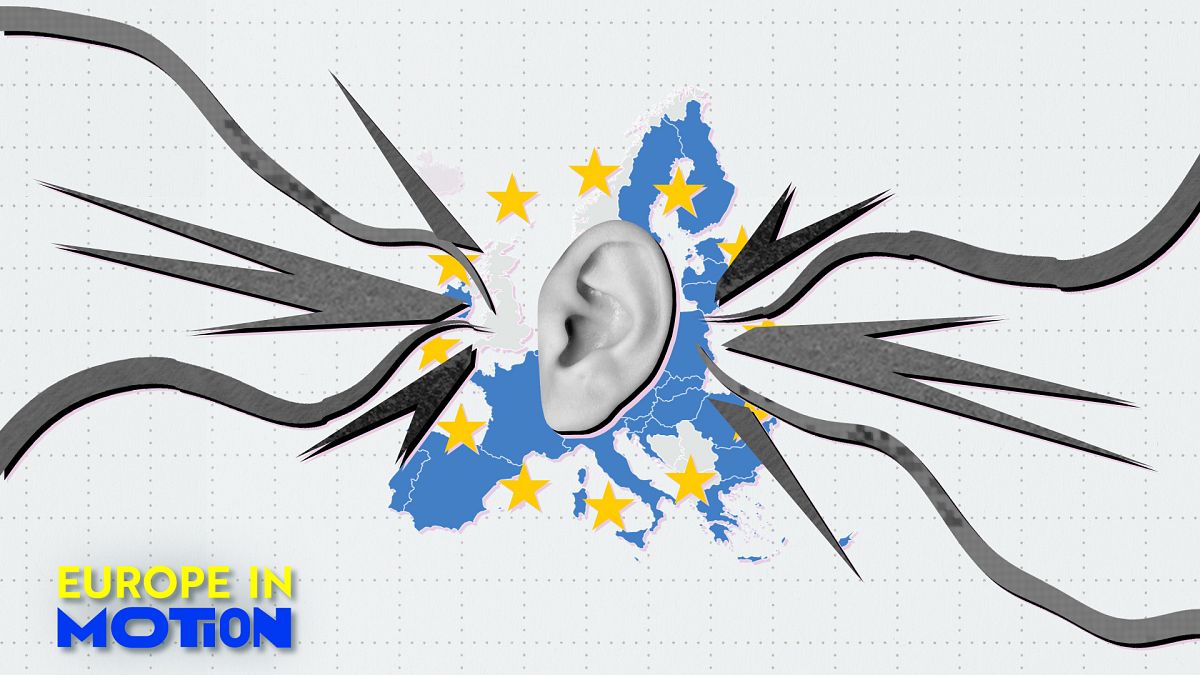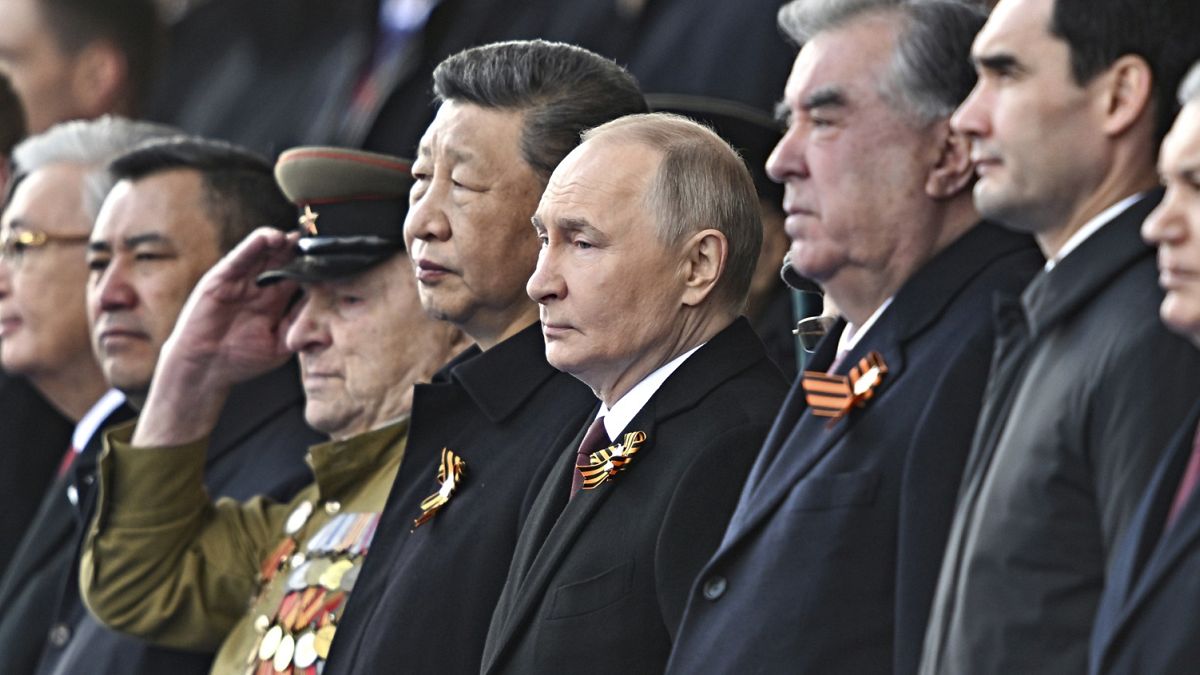Published on •Updated
Hungary is nowhere near unblocking the €18 billion in cohesion and recovery funds that Brussels keeps frozen due to persisting concerns about democratic backsliding, according to the new edition of the Rule of Law Report, released by the European Commission on Tuesday.
It found that Hungary has made “no progress” on seven of the eight recommendations made last year, such as reforms on lobbying rules, the fight against high-level corruption and the editorial independence of public media.
“It is deeply disappointing we’re not in a position to report further progress on the recommendations that were made last year,” Michael McGrath, the European Commissioner for Justice, said when presenting the report.
“I wish it were otherwise and I wish that those funds could be made available and that the people of Hungary, who are very significantly pro-EU, would be in a position to benefit from those funds, but that requires compliance with the rule of law,” he added.
“We stand ready to engage and to make progress based on dialogue, but again, where that fails, we will continue to make use of all of the tools that we have.”
McGrath raised the alarm about the “deteriorating environment” and “legal uncertainty” for civil society organisations in Hungary, pointing at two recent controversial developments: the ban on the Pride parade, which organisers bypassed, and a draft law on transparency for foreign-funded NGOs, which was delayed after backlash.
The money currently frozen combines around €8.4 billion in cohesion funds and €9.5 billion in COVID-19 recovery funds. Disbursements are subject to compliance with thematic conditions that require legislative changes. Some of these conditions overlap with the recommendations highlighted in the annual report.
Hungary previously unblocked €10.2 billion after passing a reform meant to strengthen judicial independence and mitigate political interference in the courts. The Commission’s decision to release the €10.2 billion in the lead-up to a high-stakes summit proved divisive and was met with a lawsuit from the European Parliament.
The remaining €18 billion is still paralysed, with no sign of a breakthrough.
The financial dispute has exacerbated the years-long showdown between Brussels and Budapest, with Prime Minister Viktor Orbán accusing the Commission of engaging in “financial blackmail” and interfering in internal affairs.
At the same time, Orbán has refused to pay a fine imposed by the European Court of Justice over the country’s “unprecedented” breach of migration law. The fine consists of €200 million as a lump sum and €1 million for every day the wrongdoing continues.
The daily fine is periodically subtracted from Hungary’s allocated share of the EU budget.
“Compliance with ECJ judgements is not optional or discretionary. It is a binding obligation of EU member states. It is a core treaty obligation,” McGrath said.
“The primacy of EU law is absolute and must be respected at all times.”
Fundamental rights and democracy will feature prominently in the debate on the bloc’s next multiannual budget (2028-2034), which President Ursula von der Leyen is expected to present before the summer break. Von der Leyen has promised to establish a closer link between payments of EU funds and compliance with the Rule of Law Report.






